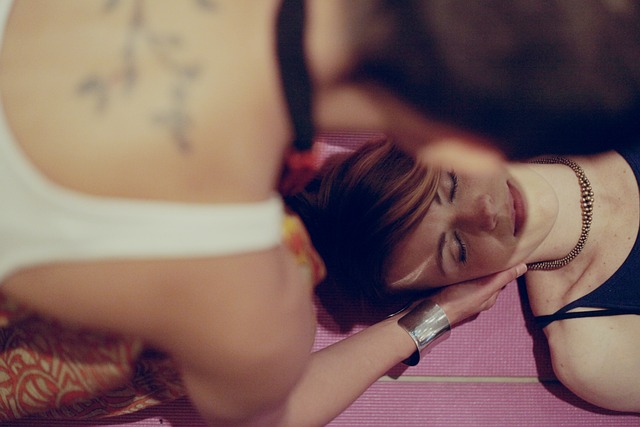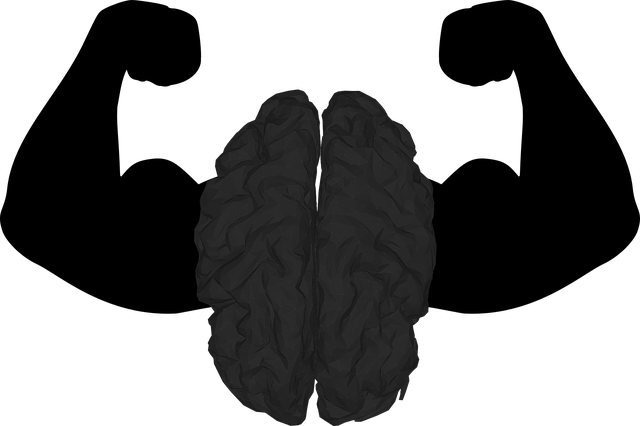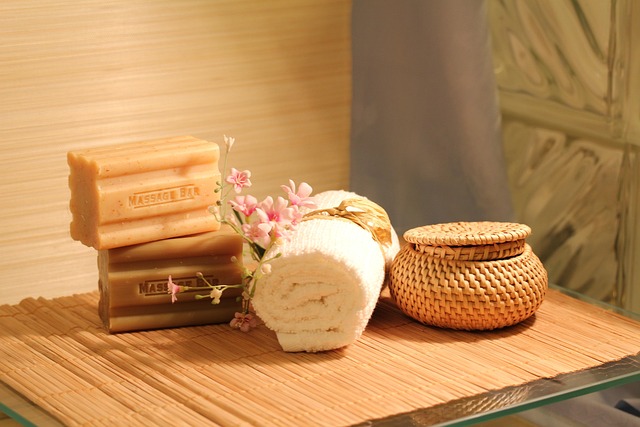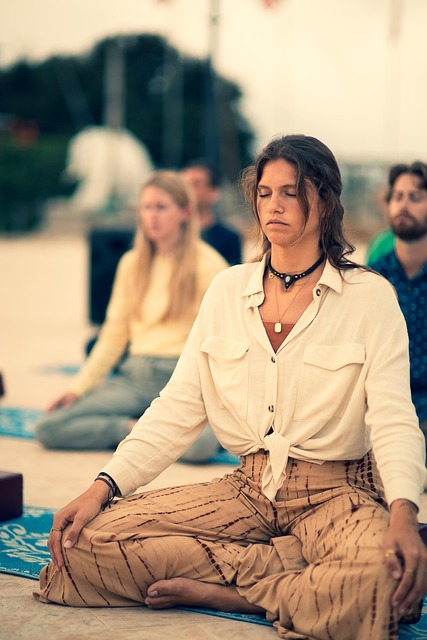Stress management is vital for overall well-being, and recognizing triggers is key. Self-care habits like exercise, mindfulness, balanced diet, and quality sleep combat chronic stress. Incorporating daily activities like meditation, deep breathing, hobbies, and social connections reduces stress levels and enhances mental clarity. Mindfulness, meditation, holistic lifestyle adjustments, and setting boundaries are effective strategies for long-term stress control and improved health.
Stress is an inevitable part of life, but managing it effectively is key to maintaining overall well-being. This article explores powerful stress management techniques, from understanding the impact of chronic stress to adopting practical self-care habits for daily relief. We delve into mindfulness and meditation practices, as well as significant lifestyle adjustments for long-term stress prevention. Embrace these strategies to cultivate resilience and enhance your quality of life through effective stress management.
- Understanding Stress and Its Impact on Well-being
- Building Self-Care Habits for Daily Stress Relief
- Mindfulness and Meditation Techniques to Manage Stress
- Lifestyle Adjustments for Long-Term Stress Management
Understanding Stress and Its Impact on Well-being

Stress is a natural response to various life challenges, but when it becomes chronic, it can significantly impact overall well-being. Understanding stress involves recognizing its sources—be it work pressures, financial worries, or personal relationships—and acknowledging how it affects both mental and physical health. When left unaddressed, prolonged stress may lead to anxiety, depression, insomnia, and even cardiovascular issues.
Adopting self-care habits is a proactive approach to managing stress. This includes engaging in regular exercise, practicing mindfulness techniques, maintaining a balanced diet, and ensuring adequate sleep. By incorporating these practices into daily routines, individuals can enhance their resilience to stressful situations, improve mood, and foster a sense of calm, ultimately contributing to improved overall well-being.
Building Self-Care Habits for Daily Stress Relief

Incorporating self-care habits into your daily routine is a powerful tool for managing stress and promoting overall well-being. These practices serve as a form of prevention, allowing individuals to recharge and maintain a sense of balance. Simple yet effective acts like dedicating time for meditation or deep breathing exercises can significantly reduce stress levels and enhance mental clarity. Moreover, engaging in regular physical activity, whether it’s a brisk walk or a yoga session, releases endorphins that combat stress hormones, leading to improved mood and reduced anxiety.
Self-care isn’t just about the body; it includes nurturing your mind and senses as well. Practices such as reading a book for pleasure, indulging in hobbies like painting or gardening, or connecting with loved ones can offer much-needed respite from stressful situations. Creating a consistent self-care routine involves setting aside dedicated moments for these activities, ensuring they become integral parts of one’s daily life. By prioritizing self-care habits, individuals can better navigate life’s challenges and maintain a healthy equilibrium.
Mindfulness and Meditation Techniques to Manage Stress

Stress is an inevitable part of life, but managing it effectively can significantly contribute to our overall well-being and foster healthy self-care habits. Mindfulness and meditation are powerful tools in this regard, offering a calming respite from the hustle and bustle of daily life. By focusing on the present moment and cultivating a non-judgmental awareness, these practices enable individuals to gain better control over their stress response.
Regular mindfulness exercises involve paying attention to one’s thoughts, feelings, and bodily sensations without attachment or reaction. This simple act can help individuals detach from stressful triggers, fostering a sense of inner peace and resilience. Similarly, meditation encourages relaxation through focused breathing and mental imagery, allowing the mind and body to reach a state of profound tranquility. Integrating these practices into daily routines can be as simple as dedicating 10 minutes for mindfulness exercises or enjoying a guided meditation session before bed, transforming them into essential self-care habits that promote stress management and enhanced overall well-being.
Lifestyle Adjustments for Long-Term Stress Management

Stress management is a holistic process, and making lasting lifestyle adjustments plays a pivotal role in achieving long-term well-being. Incorporating self-care habits into your daily routine can significantly reduce stress levels and boost resilience. Simple yet effective practices like regular exercise, adequate sleep, and a balanced diet form the foundation of a healthy lifestyle. Physical activity, in particular, is a powerful tool against stress; it stimulates the release of endorphins, nature’s own mood lifters, leaving you feeling rejuvenated and calm.
Additionally, setting boundaries and learning to say no are essential self-care strategies. Overloading oneself with commitments can lead to chronic stress. Prioritizing tasks, delegating when possible, and allocating time for relaxation are effective ways to maintain a healthy work-life balance. Mindfulness practices, such as meditation or deep breathing exercises, can also be integrated into daily routines to foster a sense of calm and present-moment awareness, effectively managing stressors as they arise.
Stress is an inevitable part of life, but managing it effectively is key to maintaining overall well-being. By understanding the impact of stress and adopting various techniques like mindfulness, meditation, and meaningful lifestyle adjustments, individuals can navigate challenging situations with resilience. Cultivating self-care habits becomes a powerful tool for long-term stress management, allowing us to find balance and enhance our quality of life. Remember, taking care of ourselves is not a luxury but a necessity for thriving in today’s fast-paced world.
